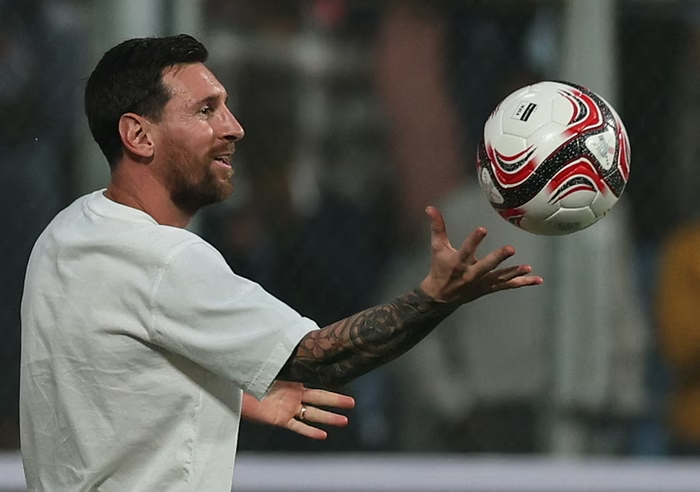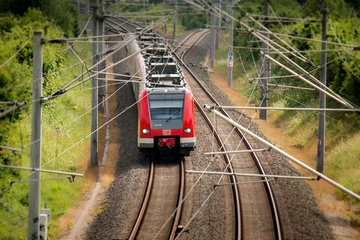
Conflicts do not start overnight but go through several phases and it seems that Bosnia is going through them currently, the head of the Centre for Security Studies, Denis Hadzovic, told N1 on Friday.
Hadzovic spoke about the political crisis which emerged over Bosnia’s path toward NATO membership and the deadlock over forming the new government.
The theory of conflict prevention has a clearly defined system of warnings which say what must be done when things go outside of normal communication and how to treat the causes which lead to this problem, he said.
“Conflicts don’t start overnight but go through some phases and it seems to me that we are going through these phases, while citizens claim that this situation reminds them of the year 1991,” he said, referring to the period before the 1992-1995 war in the country.
The reason behind the government - officially called the Council of Ministers - not being formed since the October 2018 election is that the Bosniak and Croat members of the tripartite Presidency refuse to vote for the new prime minister, who is supposed to come from the Serb Alliance of Independent Social Democrats (SNSD).
Although the party of Bosnian Serb leader Milorad Dodik initially agreed to Bosnia progressing toward NATO membership, they changed their minds in recent years and now oppose any new step in that direction to be made.
The next step would be sending the Annual National Programme (ANP) to the alliance in Brussels and the Bosniak and Croat Presidency members insist on it.
They argue that the country took on that obligation years ago and must fulfill it according to the law and the Constitution.
In order to overcome the deadlock, the leaders of the three parties which won the election - Bakir Izetbegovic from the SDA, Dodik from the SNSD, and Dragan Covic, from the Croat Democratic Union (HDZ) - signed an Agreement containing principles for forming the government.
However, the main issue - Bosnia’s relationship with NATO - was never clarified and Izetbegovic and Dodik gave completely different statements about what the Agreement said regarding it.
The one-month deadline for implementing the principles expired on September 5, but no progress was made. Bosnia’s previous government is currently in a technical mandate until the new one is formed.
Hadzovic exemplified his assessment with the SNSD’s announcement that it will strip away state competencies.
Dodik recently said that if the government is not formed by September 5, the parliament of the Serb-majority semi-autonomous part of the country, Republika Srpska (RS), will organise a session where it will discuss declaring all decisions which are not strictly in accordance with the 1995 Dayton Peace Agreement invalid. This would mean that the RS would try to strip away the competencies of bodies that were established at the state level after the peace agreement, such as the joint state-level Armed Forces, the state-level tax office, the state court, police agency and others.
“So, (the SNSD) would undermine all institutions and that can make the situation in Bosnia and Herzegovina more complex and produce an unwanted scenario,” Hadzovic said.
He also said that he does not see any other option than Bosnia joining NATO.
“We can see that NATO and EU member countries used this time of peace for the prosperity and well-being of the citizens and that they did not wage wars against each other. That western system has secured an advantage over the Warsaw Pact,” he said.
Hadzovic used the example of a new NATO member, Monegero, to argue that membership in the alliance also helps the economy.
“Throughout the last year, investments in Montenegro increased by 30 percent,” he said, comparing NATO membership to “entering an elite club.”
“There are 29 countries which will come to your aid in case you are attacked,” he said.
Kakvo je tvoje mišljenje o ovome?
Učestvuj u diskusiji ili pročitaj komentare





 Srbija
Srbija
 Hrvatska
Hrvatska
 Slovenija
Slovenija



























































